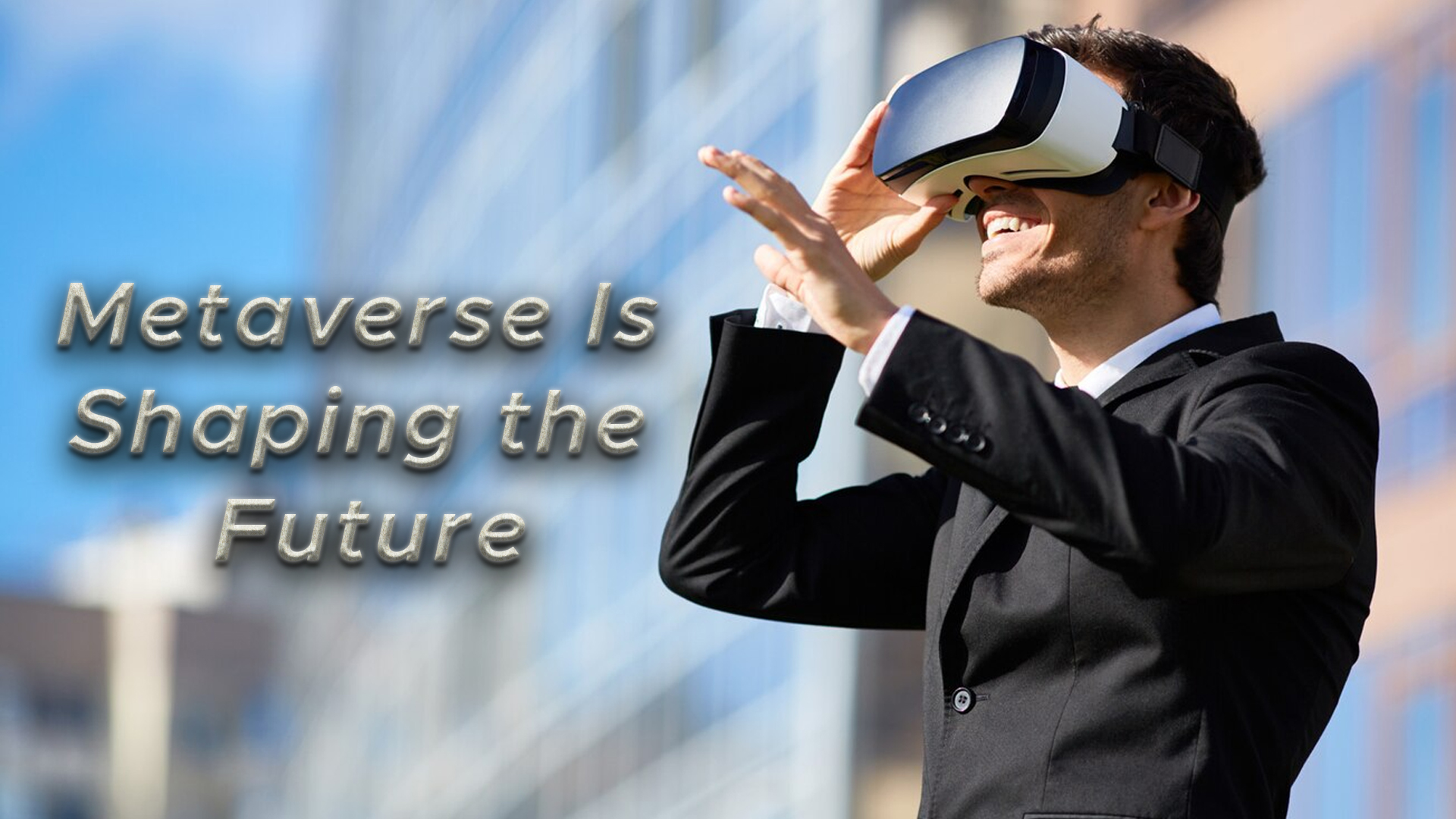
Revolutionizing Work: Five Transformative Ways the Metaverse is Reshaping the Future
- The metaverse has the potential to transform learning and training for jobs.
- Immersive technologies like virtual reality (VR) and augmented reality (AR) are being used to accelerate vocational training and create new career pathways.
- The metaverse is making work safer, increasing caregiver empathy and retention, extending careers, opening new job opportunities, and providing alternatives to physical prototypes.
The Future of Work Summit recently took place in Washington, D.C., where industry experts and policymakers gathered to explore how the metaverse can revolutionize learning and training for jobs. The consensus was clear: immersive technologies like VR and AR have the power to reshape the future of work in profound ways. Here are the 5 major contexts exemplifying how the metaverse is shaping the future of work.
1.Reducing Risk in Dangerous Work:
One significant impact of the metaverse is its ability to enhance training in high-risk professions. For example, electricians can now practice their skills using VR training modules, eliminating the need for physical exposure to dangerous power lines and complex machinery. This not only reduces the risk of physical injury but also allows trainers to provide real-time guidance and assess trainees’ performance.
2. Increasing Caregiver Empathy and Retention:
In the healthcare sector, VR training platforms are used to bridge the gap between caregivers and their patients. By simulating conditions such as cognitive, auditory, or vision loss, caregivers can gain a deeper understanding of the challenges their patients face. This immersive experience increases empathy and improves caregiver retention, addressing the high turnover issue prevalent in the industry.
3. Adding Longevity to Careers:
Physically demanding trades often present challenges with workers age. However, with the advent of the metaverse, experienced workers in such professions can transition to virtual training and teaching roles. This extension of their careers allows them to continue contributing to the industry while learning new skills and passing on their expertise to younger generations. VR platforms, such as Interplay, enable them to explore less physically demanding job opportunities within their field.
4. Opening New Pathways for Jobs:
The metaverse is creating new job opportunities, particularly in the extended reality (XR) sector. Jobs for the Future (JFF) reports that many XR-related positions do not require a college degree and can be pursued by individuals with a high school education or an associate degree. This accessibility offers a chance for those traditionally excluded from the technology sector due to education barriers to enter and advance in immersive technologies. The potential for career growth is significant, from entry-level roles to specialized positions in virtual-world design, sales, or immersive business consulting.
5. Providing Alternatives to Physical Prototypes:
In sectors like real estate and construction, the metaverse is revolutionizing the way prototypes are designed and developed. Digital twins of projects can be created in AR and VR, enabling quick and cost-effective iterations. This eliminates the need for expensive physical prototypes, benefiting small- and medium-sized businesses that previously faced limitations in the early stages of development. Collaborative design processes can now occur in real-time, regardless of geographical location.
The impact of the metaverse on the future of work is not to be underestimated. According to a report commissioned by Meta and produced by Deloitte, the metaverse could contribute between $402 billion and $760 billion to the US economy by 2035. It is crucial for businesses to embrace and prepare for the metaverse now to ensure their competitiveness in the short and long term.
Conclusion:
In conclusion, the metaverse is shaping the future of work in five significant ways. It is enhancing workplace safety, increasing empathy among caregivers, extending careers, opening new job pathways, and providing alternatives to physical prototypes. These advancements in immersive technologies have the potential to transform industries, create economic growth, and revolutionize how we approach work in the years to come.
To stay ahead in the rapidly evolving world of work, businesses and individuals should explore how they can leverage the metaverse and immersive technologies. By embracing these advancements, organizations can enhance training, improve safety, and unlock new opportunities. The future of work is evolving, and those who adapt to the metaverse will be better positioned to thrive in the changing landscape.



